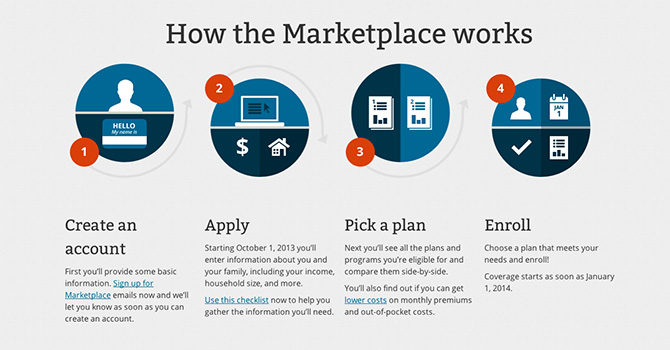Bydly Insights
Explore the latest news, trends, and insights across various topics.
Health Insurance: The Secret Sauce to a Worry-Free Life
Unlock a worry-free life with the secret to smart health insurance! Discover tips and tricks to secure your peace of mind today.
Understanding Health Insurance: Key Terms Explained
Health insurance can be a complex topic, filled with unfamiliar terms and jargon that can confuse even the most knowledgeable consumers. To navigate this landscape, it's essential to understand some key terms. Start with premium, which is the amount you pay for your health insurance every month. Additionally, familiarize yourself with deductible, the amount you owe for healthcare services before your health insurance kicks in. Another critical term is out-of-pocket maximum, which is the most you will have to pay for covered services in a plan year. Understanding these terms can empower you to make informed choices about your health coverage.
Another essential concept is copayment, often referred to as a 'copay,' which is a fixed amount you pay for a covered healthcare service, usually when you receive the service. On the other hand, coinsurance is the percentage of the costs of a covered healthcare service you pay after you've paid your deductible. Furthermore, understanding network is crucial; a network is a group of doctors and hospitals that have agreed to provide healthcare services at reduced costs. By learning these key terms, you can better navigate your options and make choices that fit your healthcare needs and budget.

Is Health Insurance Worth It? Unpacking the Benefits
When considering whether health insurance is worth it, the benefits of having coverage often outweigh the costs. Health insurance provides financial protection against unexpected medical expenses, allowing individuals to seek timely medical care without the burden of high out-of-pocket costs. According to Healthcare.gov, individuals without insurance are at a greater risk of incurring significant debt due to unforeseen health issues, which can lead to financial hardship.
Additionally, having health insurance enhances access to a range of preventive services, such as annual check-ups and vaccinations. These preventive measures can not only improve overall health but can also lead to early detection of serious conditions, ultimately saving money in the long term. The CDC has emphasized that insured individuals are more likely to receive regular health screenings, contributing to better health outcomes.
What to Look for in a Health Insurance Plan: A Comprehensive Guide
When selecting a health insurance plan, it's crucial to assess your personal healthcare needs. Start by evaluating what services you require, such as regular doctor visits, specialist care, or prescription medications. Additionally, consider the range of coverage options available, including copayments, deductibles, and out-of-pocket maximums. Make sure to review the plan’s network of healthcare providers, as staying within the network can significantly reduce your costs.
Another important factor to consider is the plan's cost. Compare premiums, out-of-pocket costs, and the overall value you'll receive for the insurance coverage. Don’t forget to read through the fine print of each plan to identify any exclusions or limitations on coverage. Finally, assess the customer service reputation of the insurer, as strong support can make a considerable difference in managing your health claims and overall experience.